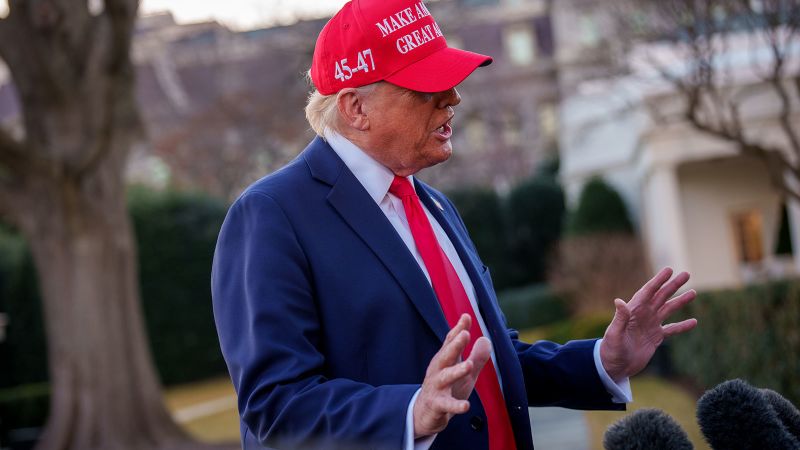
Federal agencies are beginning to respond to Friday night’s “What did you do last week? Part II” email from the Trump administration, aiming to craft clear instructions for workers.
Here’s what to know about the new mass email:
The new emails: Now federal employees at multiple government agencies are once again being told in an email from the Office of Personnel Management to report their recent accomplishments by the end of the day Monday, and that this will now be a weekly requirement.
Some quick background: Remember, government employees were sent into a panic when they were sent the original “What did you do last week?” email last weekend, and Elon Musk threatened they could lose their jobs if they did not respond. That saga ended with the Trump administration deeming responses optional, but only after chaos and confusion spread across the federal government.
Workers were again directed to reply to the email, which in nearly all cases originated from OPM’s new HR email address, with five bullet points of their accomplishments and to copy their managers.
Another scattered response: Leaders at top government agencies — especially those related to national security — are now deciding how to handle the latest request. Once again, it’s a mixed bag.
• State Department: Department leadership told staff in an email Saturday morning that it will handle responding to the emails, rather than asking workers to do so individually.
• Homeland Security: Department of Homeland Security leadership sent out an email to workers saying it would be collecting its own list of accomplishments that “aligns with and supplements the intent of the Office of Personnel Management’s (OPM) recent guidance while remaining internal to DHS, given our national security responsibilities.”
• Defense Department: On Friday, Defense Secretary Pete Hegseth ordered all Pentagon civilian employees to respond to a similar email that they will receive on Monday requesting five bullet points “on their previous week’s achievements.” The memo noted the shift from the agency’s previous guidance that paused responses to the initial email. Separate guidance specified that the request would come from a Pentagon email address and that responses would also be kept internal.
